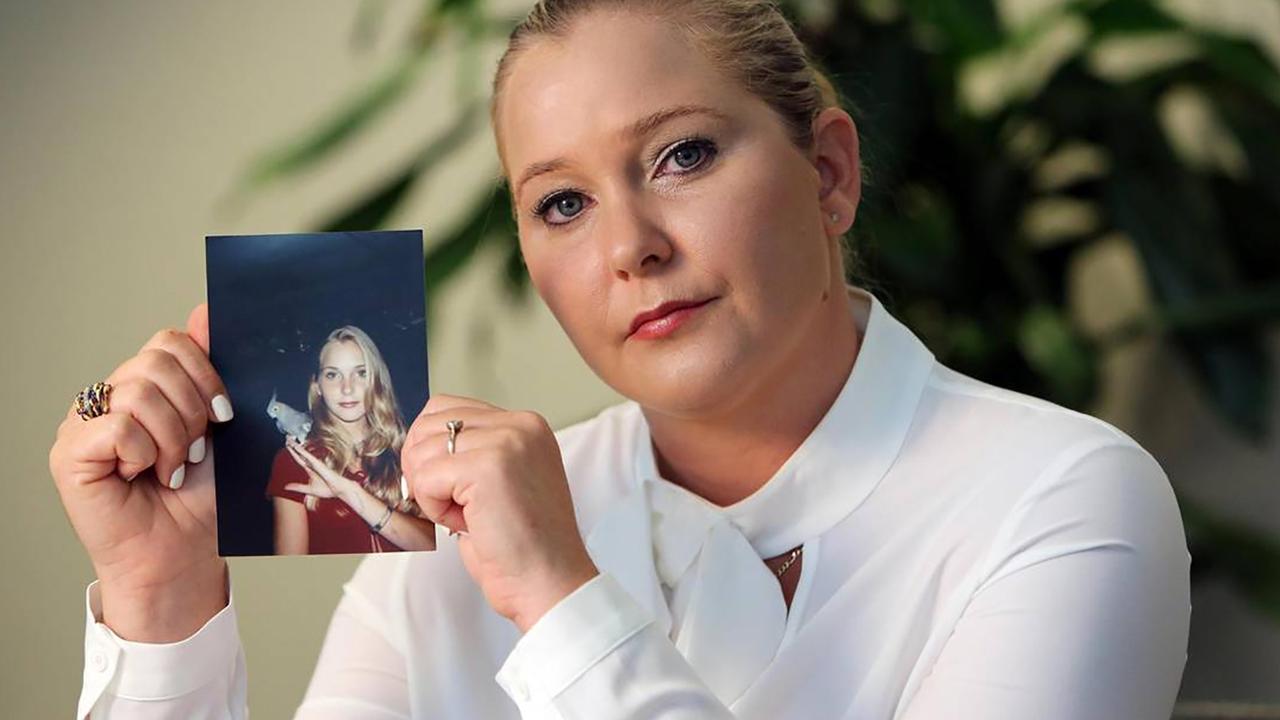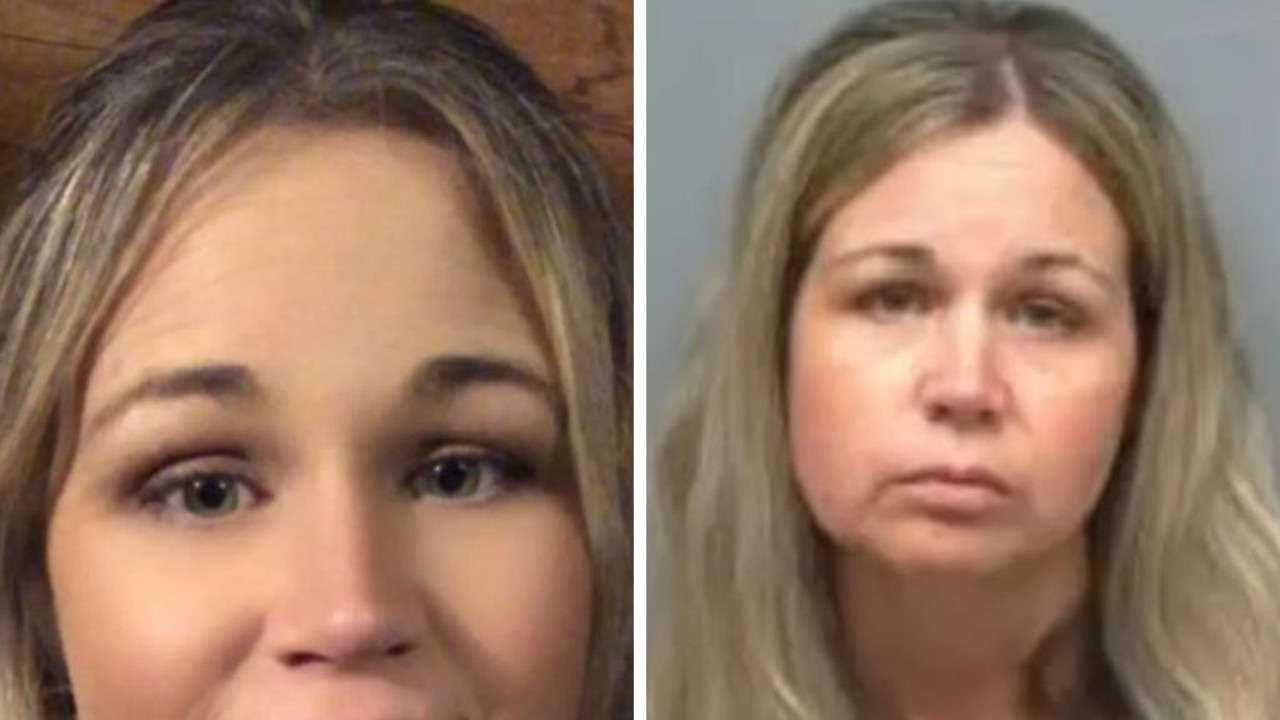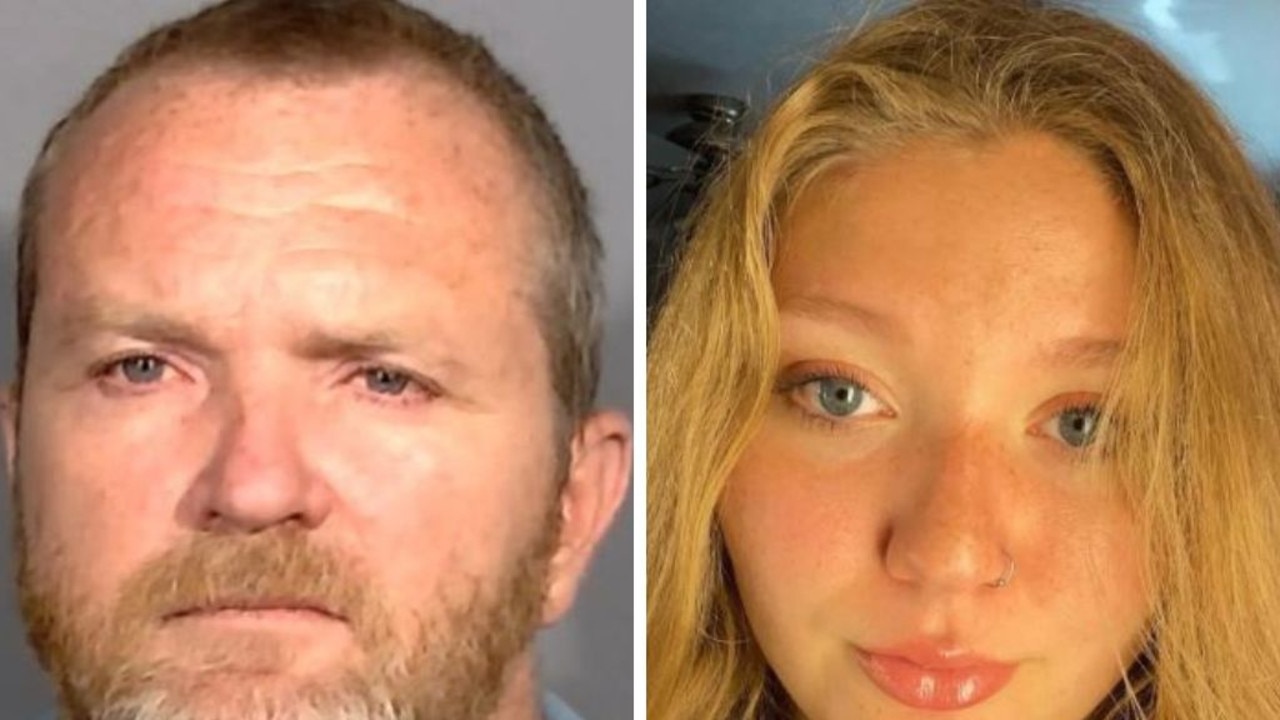#LetUsSpeak campaign helps Chrissie Foster win the right to say her daughter’s name
Emma and Katie Foster were sexually assaulted by a priest and their mum has labelled a crazy law as “what every paedophile on this planet wants”.
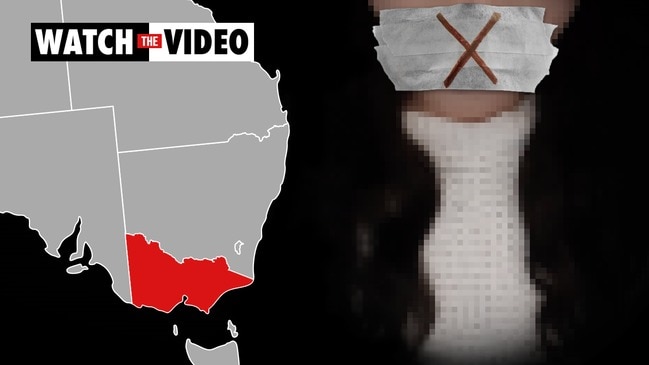
EXCLUSIVE
Chrissie Foster AM has endured more hardship and tragedy in one lifetime than most of us could comprehend.
With one daughter dead, and another permanently brain damaged, Chrissie never thought she would end up back in court demanding the right to be able to say her deceased child’s name in public.
But in October last year, the Victorian government declared it a crime to publish the names of all deceased rape victims, without explicit court approval.
The ban, Government argued, would “enhance the privacy” of the deceased.
For Chrissie, who has spent 25 years campaigning on behalf of her daughters – both of whom were sexually abused – the effect was devastating: if she continued to name her deceased daughter, Emma, she could face prosecution and even jail.
RELATED: ‘I said no’: Sexual assault victim speaks
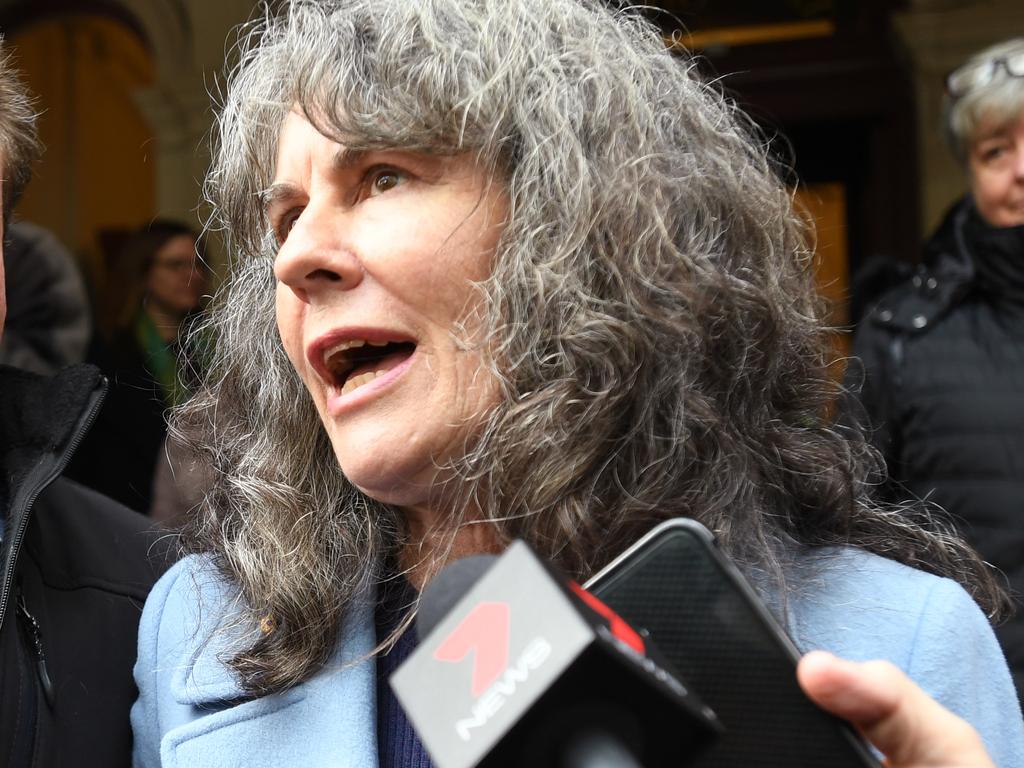
RELATED: #LetUsSpeak: Walkley winning sexual assault survivor campaign
As primary school girls, her two eldest children Emma and Katie were both repeatedly assaulted by a paedophile priest at Sacred Heart Catholic Primary School in Oakleigh.
Eventually it would be discovered that the offender, Father Kevin O’Donnell, had spent more than 50 years grooming, molesting and raping children, with the first known reports of his crimes dating back to at least 1942.
Traumatised by the sexual assaults, both of Chrissie’s girls would later turn to substance abuse to try to numb the pain. Then tragically, in 1999, at the tender age of 15, Katie was hit by a drunk driver while crossing the road, intoxicated.
For four long months, Chrissie and the family kept vigil as Katie remained in a comatose state in hospital. The collision had stopped her heart and caused a number of bleeds and swelling to Katie’s brain. When she eventually woke, Katie was left with permanent brain damage, requiring 24-hour-care and use of a wheelchair for the rest of her life.
“It’s a cruel twist of fate that Katie still remembers the abuse, but not something that happened three minutes ago,” Katie’s father Anthony would later write.
RELATED: Rapist teacher ‘couldn’t silence me’
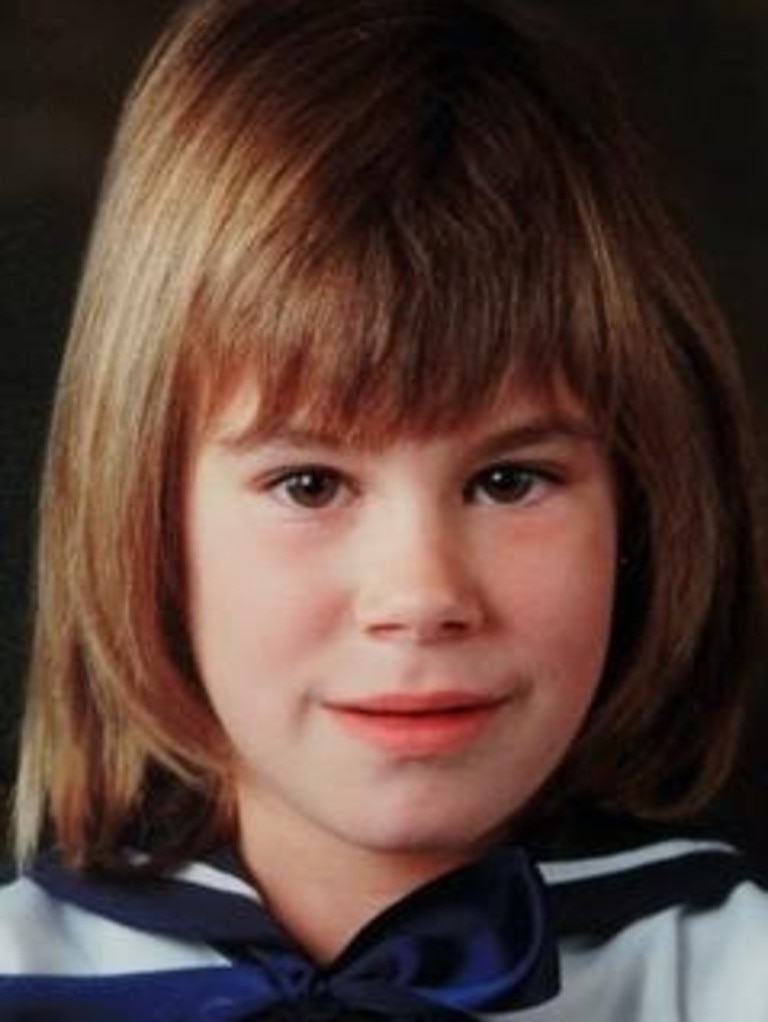
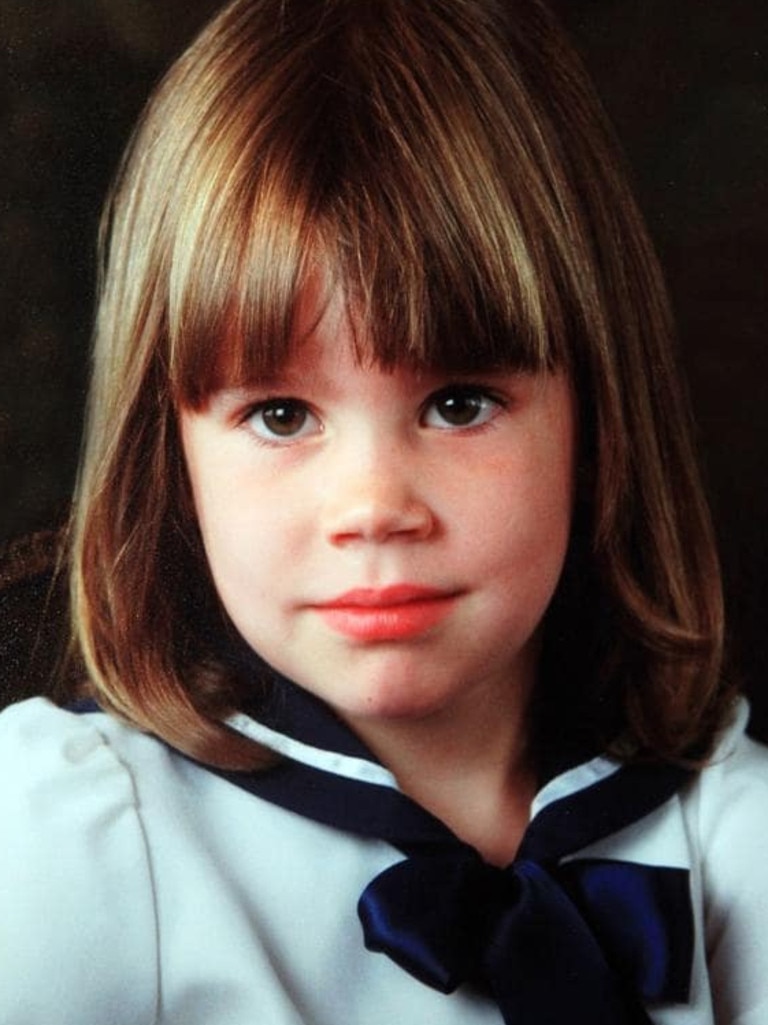
In response, the family spent a decade fighting the Catholic Church, eventually proving that the institution had knowledge of O’Donnell’s crimes dating back to at least 1958. In a landmark payout, in 2006, the Fosters successfully sued for damages of $750,000.

But just two years later, tragedy would strike again. The couple’s eldest daughter, Emma, was found lifeless and alone on her bedroom floor. She had overdosed on prescription medication. In her hand she held a beloved teddy bear – a gift she had been given as a baby for her first birthday.

‘I could go to jail’
The Foster family tragedy – as documented in Chrissie’s book, Hell on the Way to Heaven – is attributed with sparking the Victorian Inquiry into the Handling Of Child Abuse by Religious and Other Organisations.
It also helped prompt the subsequent Royal Commission and later, Chrissie would be awarded a Human Rights Medal, and appointed a Member of the Order of Australia for her advocacy.
Sadly, in May 2017, Chrissie’s husband Anthony died at age 64 after hitting his head during a fall the month earlier. His family made the difficult decision to switch off Anthony’s life support, and a State funeral followed.
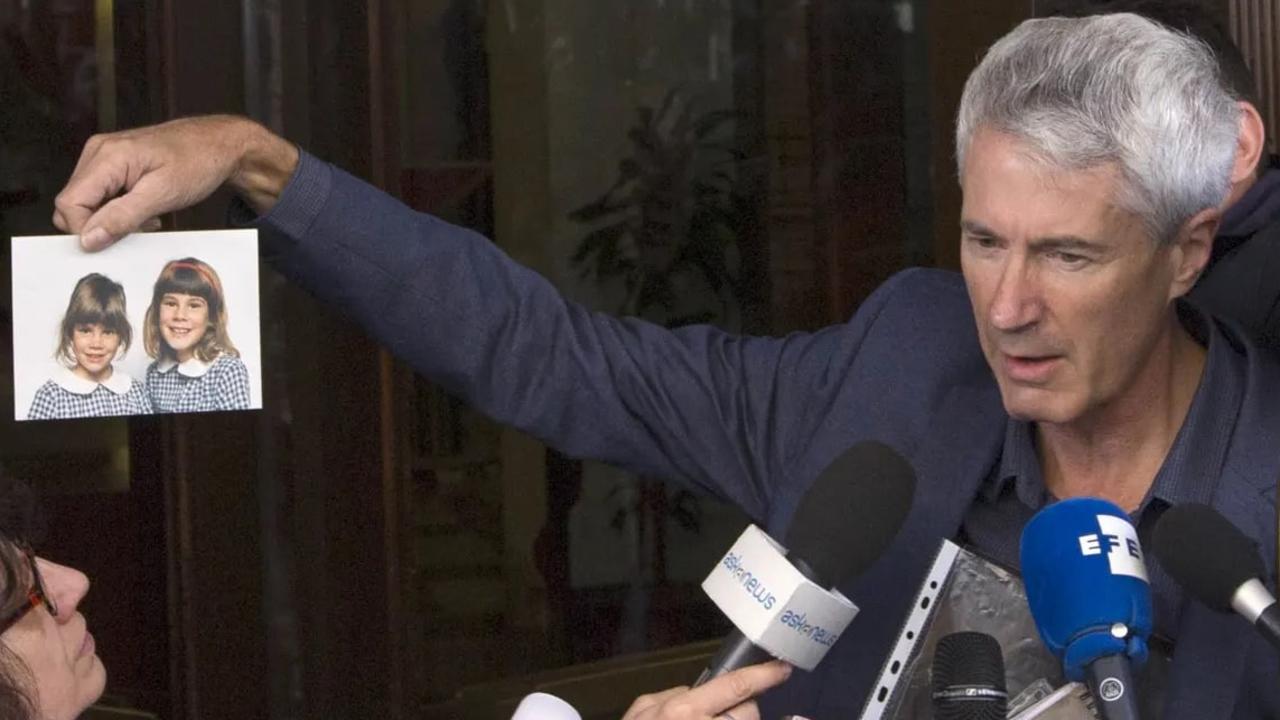
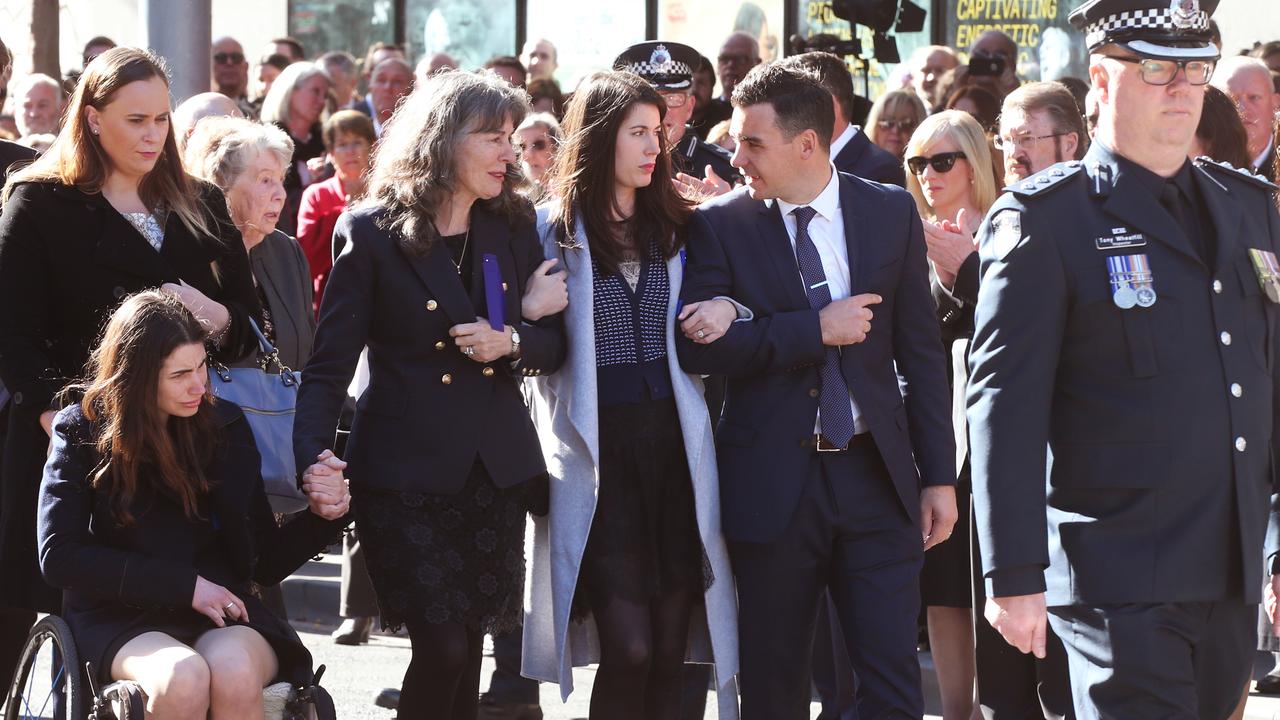
Having now lost two family members, this story of grief should have ended there.
But in November 2020, Chrissie was contacted by the Victorian Attorney-General’s office and told that if she continued to use Emma’s name in public, she could be imprisoned for four months and face heavy fines.
“It’s already such a hard thing to speak about what happened to Emma, there is already so much shame and guilt without being told I’m a criminal and breaking the law,” said Chrissie.
“And this wasn’t just anyone telling me I could go to jail: it was the Attorney-General’s office. It was scary. I thought I could go to prison.”
The threat arose after the Victorian Office of Public Prosecution declared last year – without warning – that legislation which prohibits the naming of sexual assault victims now extends to deceased victims also.
In actual fact, the Judicial Proceedings Reports Act does not mention deceased victims, but the OPP argue the word “person” could refer to both the living and the dead. So by their interpretation, it is now a crime to name any deceased victim of a sexual offense - unless a court makes an specific order approving otherwise.
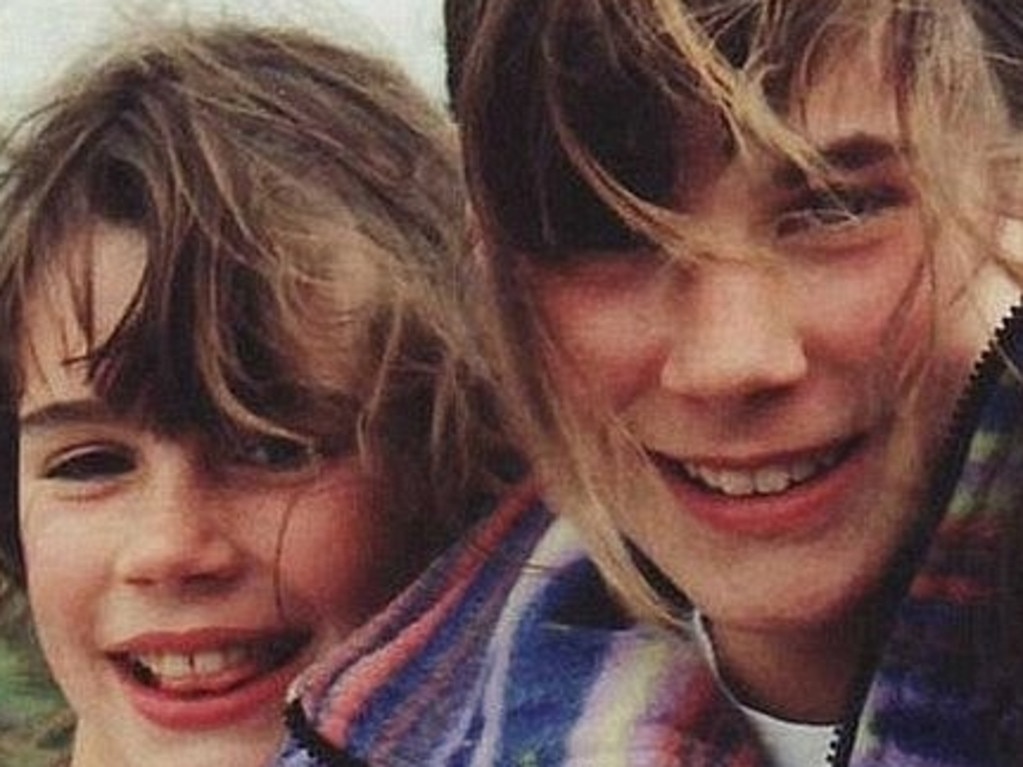
Chrissie, who has been campaigning on these issues for more than two decades, was left reeling at the possibility that Emma’s name was being wiped from the pages of history.
“Silence is the big killer in all of this. That’s what every paedophile on this planet wants. And the government did it on the sly. It’s mind blowing,” says Chrissie.
“When I explain it, the ordinary person is horrified and blown away. Everyone I talk to says they can’t believe it. And when the general public hears about these horrors – that we can’t name our own children without going to court- the Government will be forced to change it.”
I had to fight to be allowed to say Emma’s name
In February this year, Chrissie contacted the #LetUsSpeak campaign run by journalist Nina Funnell in partnership with Marque Lawyers, Rape & Sexual Assault Research & Advocacy Initiative, and End Rape On Campus Australia.
The campaign agreed to take on Chrissie’s legal case, using donations currently being raised through the campaign’s GoFundMe.
Michael Bradley, managing partner of Marque Lawyers said it was utterly “ridiculous” that Chrissie had to go to court to be able to continue doing lawfully what she had been doing for years.
For Chrissie, though, there was no alternative, and she vowed to fight for her child’s name and memory.
“Emma was a real person. She was someone who lived and suffered through this. It’s hard to put it into a few words, because the person Emma was meant to be, never got to happen. But as a child, before the assault, she was very empathetic. Even as a toddler her empathy was very evident. She was a good person, very loving, kind, gentle and in tune with people,” says Chrissie.
“That was all destroyed – and ritually destroyed in the end – because of what happened to her. And now the Government is telling me I can’t say her name. It’s an attack beyond words. It’s on a level where you feel it in your body, it hits you on a level which is hard to describe – and it came out of nowhere, without warning, without consultation, and someone thought that was OK.
“The Government carried it through on the sly. It’s outrageous.”
Victoria: The Secret State
In May this year, Chrissie was finally victorious with Judge Higham issuing a ruling that she could continue naming Emma in public.
The matter cost several thousand dollars, which is being covered by the #LetUsSpeak campaign.
Chrissie says she is “humbled and grateful” to the campaign, but should never have been required to fight in the first place.
We've just obtained a court order in Victoria allowing a deceased rape victim's mother to identify her, under Vic's ridiculous gag laws. It's the first such order obtained. Part of the continuing #LetHerSpeak campaign work.
— marquelawyers (@marquelawyers) May 5, 2021
Now, as the Victorian government resumes parliament this week to debate the issue of the gag on deceased victims’ identities, Chrissie is speaking out, demanding change and wider reforms to Victoria’s culture of suppression orders and legal silencing.
“I have spent over 25 years, most of them with my late husband Anthony, breaking down the silence surrounding the taboo subject of child sexual assault, only in 2020, to be back where we started, but worse,” says Chrissie.
“We all need to know who took the steps to bring this [about]. As we know the silence of victims protects offenders and allows sexual assault crimes to flourish especially against children.”
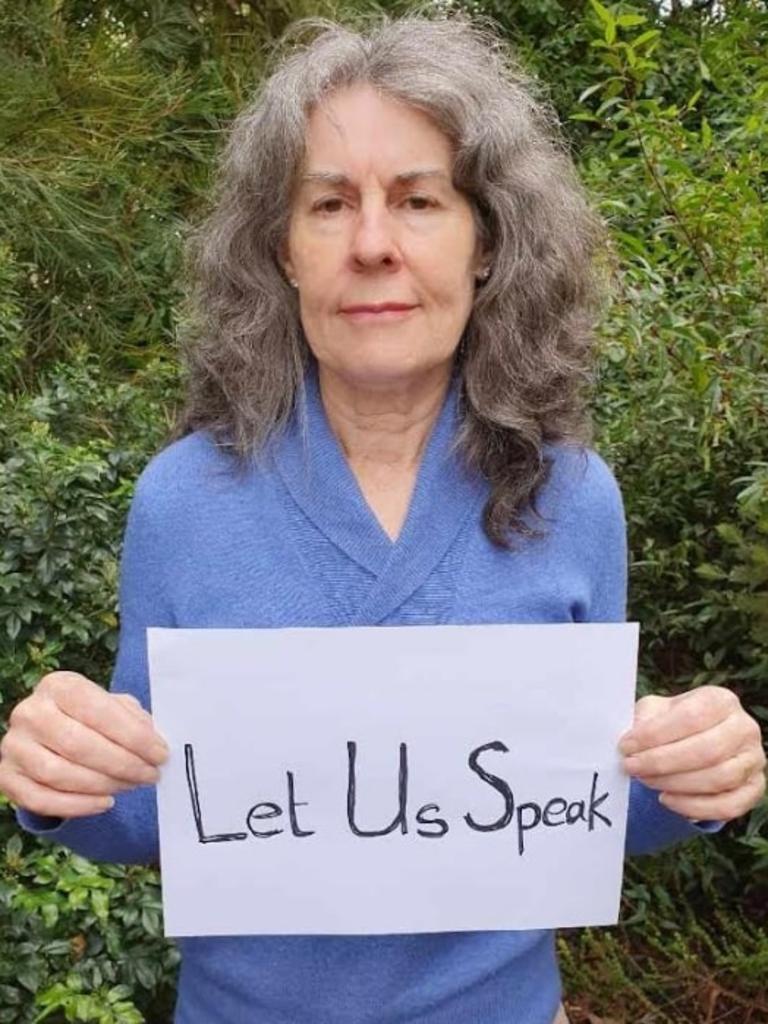
Chrissie’s call for reform comes as new data reveals that Victoria continues to hold the title of Australia’s ‘secret state’ due to a culture of issuing suppression orders.
Data gathered by News Corp shows that in 2020, Victorian courts issued more suppression orders than all the other Australian states and territories combined. That is, of 906 suppression orders made across the country last year, 497 were in Victoria.
This culture of silence has also been critiqued by Australian of the Year, Grace Tame, who now joins with Ms Foster to back in her calls for improved transparency.
“Any erasure of history is a denial of the truth, and history is our best learning resource,” said Ms Tame, who was once also banned from publishing her own name as a victim of sexual abuse.
“It’s just appalling that you can’t talk about your own family member. How does that protect anyone other than the perpetrator?”
In 2019, Ms Tame became the first Tasmanian woman to win the right to publicly self-identify as a rape survivor, after News Corp and the #LetHerSpeak campaign took Ms Tame’s case to be named to the Supreme Court and won.
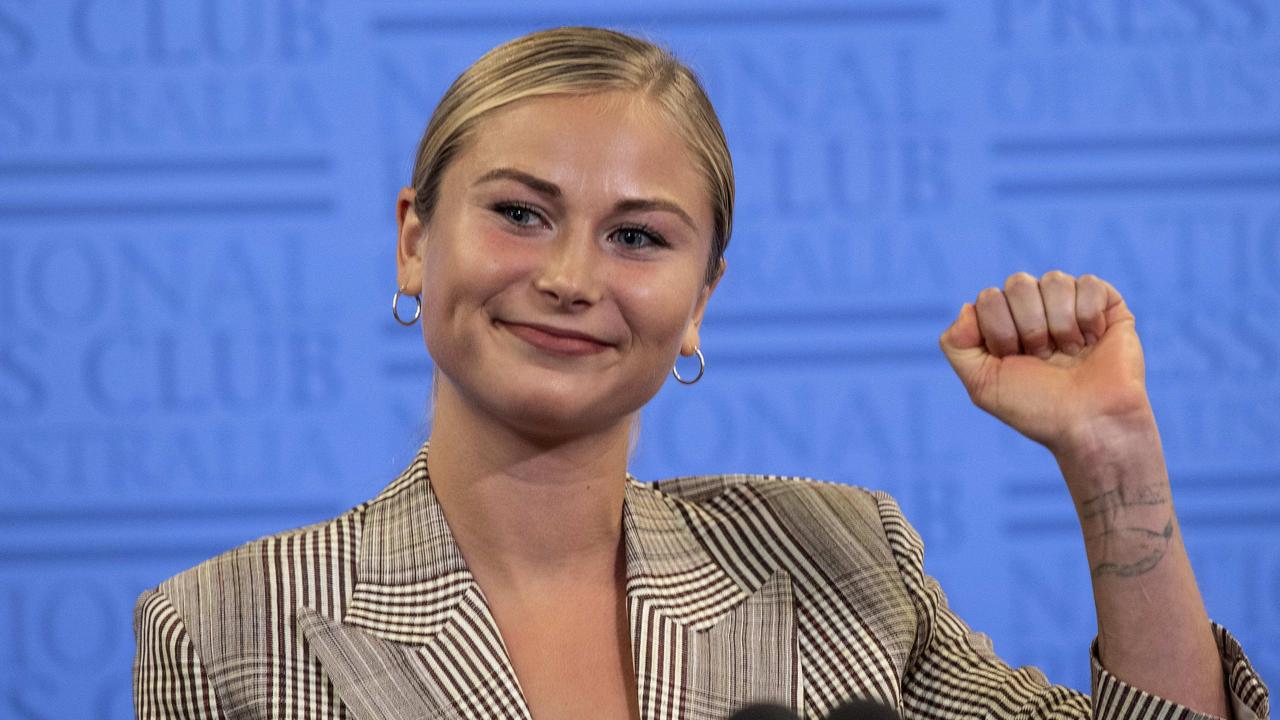
She says she is proud to stand with Ms Foster.
“The value of amplifying our voices is immeasurable. Every voice is unique and has its own ability to be a catalyst for future meaningful change. This is what the #LetHerSpeak and #LetUsSpeak campaign epitomises: the sheer unstoppable power of the collective.”
Nina Funnell is a Walkley award winning journalist and the creator and manager of the #LetHerSpeak/ #LetUsSpeak campaign which has performed legal work for over a dozen individuals impacted by gag-laws, including Grace Tame and Chrissie Foster. Click here to donate.

